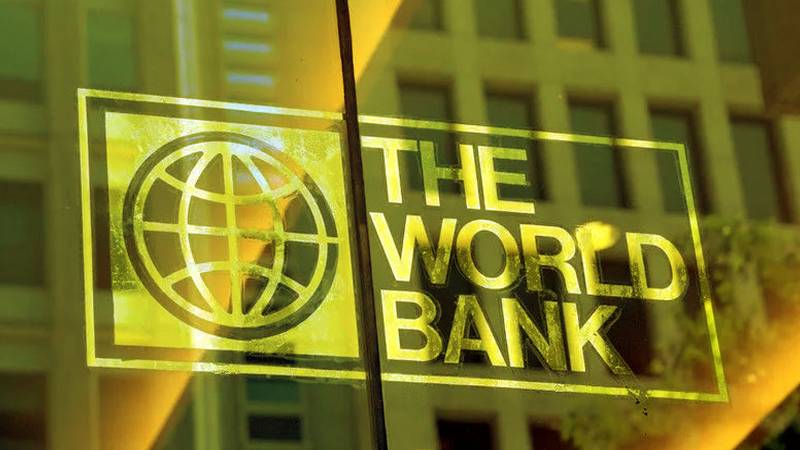
The World Bank granted $1 billion in second-round additional funding for Pakistan's Dasu Hydropower Stage I (DHP I) Project on Tuesday.
The steps taken by the global bank's Board of Executive Directors will help the country transition to sustainable and cheap energy.
"This financing will support the expansion of hydropower electricity supply, improve access to socio-economic services for local communities, and build the Water and Power Development Authority's (WAPDA) capacity to prepare future hydropower projects," according to a World Bank statement.
The World Bank's statement comes only one day before Pakistan is set to release its annual budget for fiscal year 2024-2025.
At 5 p.m. today (Tuesday), the federal government will release the Economic Survey of Pakistan 2023–24, a pre-budget document that summarizes important socioeconomic achievements during the previous fiscal year.
According to Najy Benhassine, World Bank Country Director for Pakistan, Pakistan's energy industry faces a number of obstacles in providing cheap, dependable, and sustainable energy.
Benhassine further said that the Dasu Hydropower Project site is one of the top hydropower locations in the world and would be a game changer for Pakistan's energy industry. The DHP, with its modest footprint, will help to 'green' the energy industry and reduce power costs.
According to the World Bank, if completed, the DHP would have an installed capacity of 4,320–5,400 MW.
Rikard Liden, Task Team Leader, remarked on the project's significance, saying, "DHP-I is an essential project in Pakistan's efforts to reverse its dependence on fossil fuels and reach 60 percent renewable energy by 2031."
The World Bank stated that the increased funding for the hydropower project will also benefit the Upper Kohistan region's continuing socioeconomic activities, including improvements in education, health, employment, and transportation.
"Through this project, adult literacy has increased by an estimated 30 percent since 2012; boys' schooling increased by 16 percent, while girls' schooling increased by 70 percent during this period," it stated.

